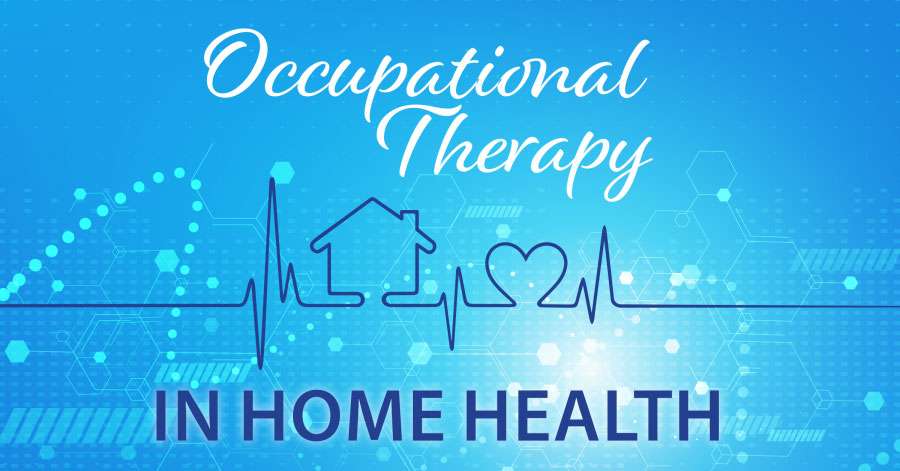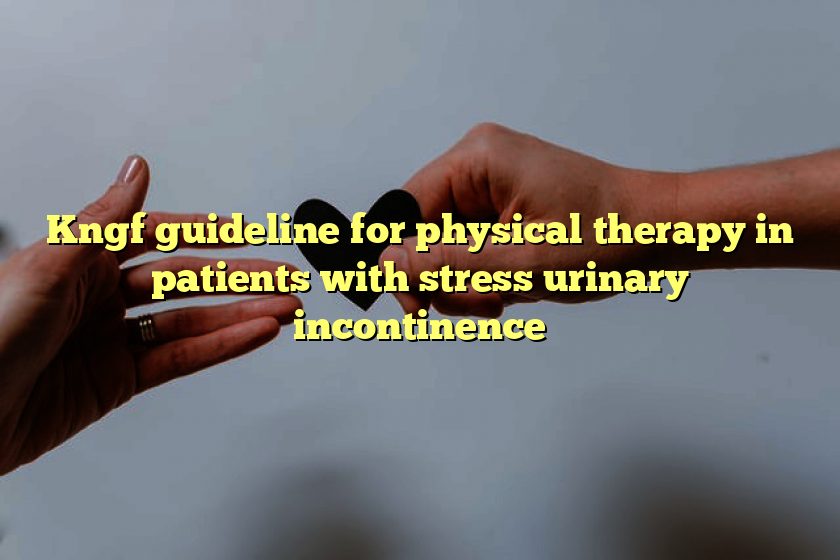Let’s start by making a little analogy- We’re going to compare emotion processing to a fish processing factory. Every day trucks arrive carrying piles of the latest catch. They come with Salmon, Halibut, Crab, Lobster, Tilapia and other delicious seafood. At our processing factory we need to check in the trucks, unload the trucks, cut the seafood into usable portions, throw out the unusable parts, package the seafood, label it and send it out to stores where it can be used to make delicious salmon fillets and sushi and butterfly shrimp. Sounds delicious, if you like seafood.
Now remember this is an emotional processing analogy, and some emotions, just like fish, can be quite unpleasant, stinky to say the least. So let’s say that one sunny day something goes wrong. A truck arrives full of fish that are too big for our machines to handle. We may try to run them through anyway, but then our machine breaks down. Because the machines aren’t working, the workers leave for the day because they don’t know what to do- they don’t know how to fix the machine.
Now we’ve got trucks loaded with unprocessed fish sitting outside but we can’t process them, and more trucks are coming in but can’t be processed either.
You can see where this is going right? The fish start to rot. You and your workers are starting to feel stressed out. “What’s going to happen with our factory? With our jobs?” So we try to cope with the stress in the best way we know how. Maybe we use one of our three skills, we vent to a coworker about how much we hate processing fish, or we leave and go to lunch, but basically we just try not to think about those trucks of fish.
Pretty soon the trucks become more and more stinky, oozy, even terrifying. The longer we leave them, the easier it is to avoid them and the harder it is to face them. Maybe we avoid the trucks for days, weeks, years… At some point the fish that had the potential to be purposeful and delicious becomes rotting and putrid.
At this point we don’t want to go anywhere near those trucks of fish, they seem too terrible to face or approach. But avoiding the trucks seriously messes up our lives. We can’t work, because other trucks can’t get in. We can’t process seafood, our employees are out of work and the grocers are out of fish. Our processing factory and or rather our life is not working.
One day we drive up to the factory and decide “Something needs to change!!!” We get out the big hoses, the galoshes, the shovels, and we dive in. We clean out the trucks. It’s painful, stinky, terrifying, but we get through it. Maybe we need to ask for help, maybe we have to find someone who knows how to fix the broken machine or we need some extra support to finish the cleaning. We get our factory back in order, and decide that to prevent that from happening, we need to process each truck as it arrives or soon after.
And soon, as each truckload of seafood comes in, we check it in, we unload the trucks, cut the seafood into usable portions, throw out the unusable parts, package the seafood, label it and send it out to stores where it can be used to make delicious salmon fillets and sushi and butterfly shrimp. And we’re back in business. Our factory is running smoothly, turning a profit, and we feel pretty good about life.
And this is what the emotion processing looks like,
when big emotions come rolling in, we notice them, name them, pause and decide what to do with them. We cut out that faulty thinking that makes things worse, and we work with our body to calm down, and we break the emotions down into smaller pieces and explore what they are, and then, we decide what to do with them, whether to act on them, make some changes, or just accept them as a beautiful part of the process of being alive.
But
sometimes something goes wrong
.
Sometimes our emotions get backed up
. Maybe just like if you have too many trucks of fish, maybe you get overwhelmed with too many emotions to process at once. Maybe you go through some trauma that’s too big to deal with at once. Or maybe work is too stressful and overwhelming, or maybe you’ve got something biological that goes wrong, you’re not sleeping well or your body gets sick. And it just feels too overwhelming to deal with the truckload of emotions that keep coming in.
Emotions that had been meant to help you, become overwhelming and seem to be the thing ruining your life. Sadness takes over your day-to-day, or Anxiety stops you from doing important things.
So you avoid your feelings. You try not to think about them. Maybe you use drugs or food to feel good for a while. Maybe you avoid your feelings by keeping too busy or by blaming everyone else. And this leads to the emotions building up.
And on top of the old trucks of emotions, new trucks arrive every day.
Have you ever heard about the children born without pain receptors? It’s an incredibly rare congenital condition, it only affects around 100 people in the whole world and on the surface it sounds amazing- how would it be to never feel physical pain- cool right? Well actually, it’s a nightmare- these little kids who can’t feel pain, also have nothing to protect them from injury. When Isaac was a toddler he would throw a tantrum and smack his face hard into the ground and just laugh because he thought it was funny. He would chew on his tongue until it bled. He would poke his fingers into his eyes, because they felt weird but he was actually damaging his eyeballs. Normally your pain receptors would send a strong message- Stop biting your tongue! Stop poking your eyes! Stop hitting your head! But for him, no pain meant there was little to stop him from harming himself.
Ashlyn is another girl who feels no pain, as a baby she never cried when she was hungry or when she had a diaper rash- this seems like the ideal baby right? But then one day, they had her in to the doctor for a regular checkup and found out that she had a huge corneal tear on her eye-normally this would be incredibly painful. Because she didn’t feel pain she wasn’t able to alert her parents to her injuries or her needs. Ashlyn and kids like her live in danger every day because they don’t have the automatic protective alarm system of pain. Ashlyn has walked for two days on a broken ankle without realizing it, she’s sat in a pile of fire ants without being bothered by their blistering bites, kids like her stick their hands on hot stove burners or into boiling water without shedding a tear. And their lack of pain creates a real difficulty for their parents who are trying to keep them safe without the kids’ internal systems to help them. Ashlyn is now 13 and learning to cook, take care of herself, and they worry every day that she’ll get hurt without realizing it. Ashlyn’s parents have created a facebook group for other families with this condition called “The Gift of Pain” and it’s not until you see what life is like without any pain at all, that you can appreciate the benefit of pain in your life.
While this may seem like an extreme example, I hope it helps you break down this idea of “Positive and Negative” Emotions even more. Pain is uncomfortable- but it serves a purpose.
In this section, skill #2, we’re going to talk about how every emotion you experience serves a function- in their purest form, emotions like fear, sadness, joy, love, guilt, hurt, all serve important roles in our lives. You’re going to learn how to get better at feeling by listening to your innate wisdom, and you’re going to learn why coping skills don’t work in the long run.- And what to do instead.
You already have within you the inherent ability to resolve and manage your emotions, you have a deep knowledge inside of you that will guide you and help you work through thoughts and emotions with strength and integrity. The problem is that many of us have been taught that there are “good emotions” and “Bad emotions” and that gets in the way of us being able to listen to our emotions, and honor them.
When we focus our energy on making “bad” feelings go away, we often lose track of who we want to be. When we choose to see emotions as functional, instead of just uncomfortable inconveniences, we use our emotions as a resource instead of seeing them as an obstacle.
So let’s talk about one example of how a so-called negative emotion- can actually be really helpful. If I hurt someone, let’s say I punch them in the face for no good reason. I’m going to feel regret, I’m going to feel some guilt. Guilt is uncomfortable. Does that make it a negative emotion? Our cultural approach to “feeling good” says we should try to make the guilt go away. But in this case, the guilt is actually helpful. I did something wrong. I should feel guilty. Now If I listen to that guilt, it should help motivate me to change my actions, to not do that again, to apologize and make repairs-to pay their doctor bills or whatever. Every emotion, when it’s pure, can serve a function. And when we clean up our emotions, they can guide us to a life of integrity and happiness. Now in this course we’re going to learn a lot of ways to clean up distorted emotions- but to do that, we first have to understand the function of emotions. So let’s talk about that.



